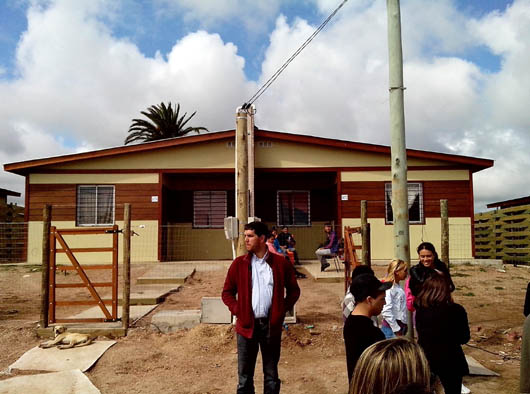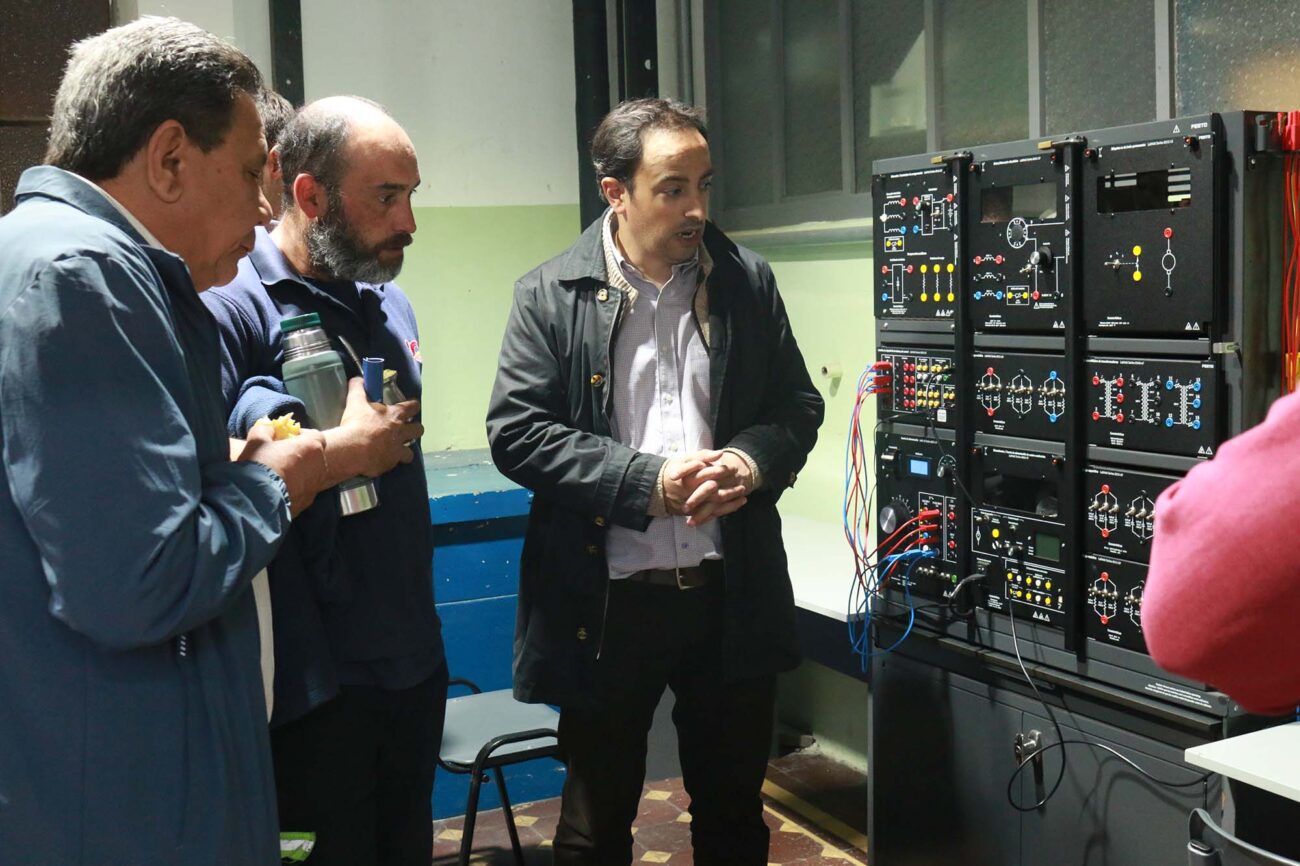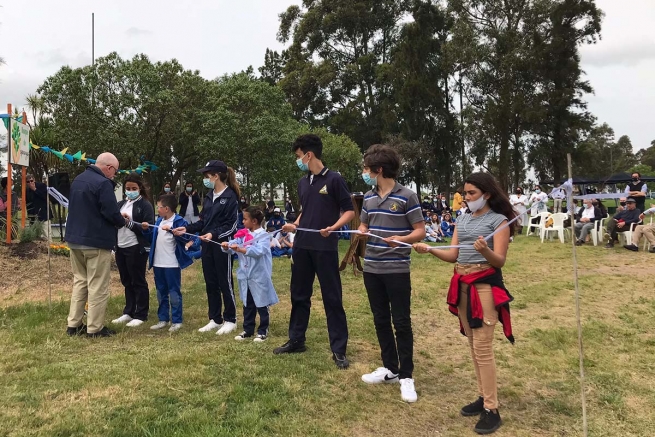URUGUAY: Salesians Focus on Crime Prevention and More Educational Opportunities for Youth

(MissionNewswire) Uruguay has managed to decrease its poverty rate by almost half since 2007 when the World Bank estimated that 25 percent of the population was living in poverty. Today, the poverty rate is close to ten percent with the majority of poor residents concentrated in rural towns and villages.
Most rural citizens in the country do not have the financial resources or education and training necessary to find and maintain stable employment. Running a profitable business venture or maintaining a small farm with access to the national and international markets is increasingly competitive and remains largely out of reach, especially in households run by women alone. The majority of rural poor are those most often engaged in non-agricultural activities.
In addition to a lack of education and employment opportunities, access to affordable housing is a concern for many poor families in Uruguay. Many do not have the resources to purchase homes or land to build on, and schools are often so far away children cannot attend.
Youth crime is on the rise in the country. More than 35 percent of crime committed by adolescents can be traced back to a lack of educational opportunities and employment inequality, according to a recent study by the Center for the Study of Economic and Social Reality. The report also noted that crime rates among young people in Uruguay have doubled over the past 15 years and the rate of violent assaults has quadrupled.
Salesians have been working with youth in Uruguay for many years, providing educational and social development opportunities to help them break the cycle of poverty and lead productive lives. In addition to educating youth, Salesians in Uruguay focus on crime prevention by working to keep youth off the streets and engaged in productive activities. These activities focus on education and skill development giving youth better coping skills so they can be more connected to their communities and deterred from criminal activity.
More than 1,700 youth are engaged in educational activities in 32 Salesian-run youth centers and programs across Uruguay. Additional Salesian programs like Don Bosco Social Work, Santa Monica and Bosco Center work with more than 2,500 youth providing for their basic needs and working to prevent at-risk youth from falling into criminal activity.
The Salesian-run Miguel Magone Project is focused on working with youth who have already committed crimes and are engaged in Uruguay’s criminal justice system in the capital city of Salto in northwestern Uruguay. The project aims to ensure that youth are not abused by the criminal justice system and that programs are in place to provide them with counseling and an education to give them a better start once released from juvenile detention or prison.
“The young people who commit crimes are just the tip of the iceberg of a complex social reality, they are the ‘fuse blowing up’, and are the vulnerable children of a society that suffers from a heavy loss of those values which humanize and help people grow,” said Father Nestor Castell Henderson, provincial of Uruguay, in a recent statement addressing concern over Uruguay’s referendum and discussion to decrease the legal age of criminal responsibility from 18 to 16 years.
“I am convinced that it is a mistake to believe that this situation will be resolved with sanctions, moreover, experience that tells us that increasing sanctions will not only not solve the problem, but rather make it worse,” added Fr. Castell Henderson. “The punishment, and fear of punishments, are not what will educate the young and make them part of society: the prison is not the place for their education.”
Salesians in Uruguay believe that by providing education and workforce development services to youth, along with social development activities, they can will help youth choose a better path than a life on the streets or engaged in criminal activity.
###
Sources:
ANS – Uruguay – “The Prison is not the place for their education” (Fr. Castell) the Miguel Magone Project
Dialogo – Uruguay: Education as a solution to juvenile delinquency
World Bank – Uruguay
Salesian Missions – Uruguay




